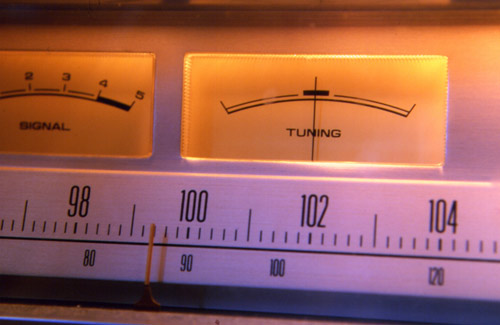I have been reading with interest the whole debate about radio being dead or dying vs. radio being a vibrant thriving business.

Radio is not dead by any measure, however, it is declining for a number of obvious reasons. There are more competing entertainment and information options, that is true. Ipods, netcasters, and satellite radio have taken some of radio’s listeners away. However, the main culprit in radio’s decline is the investment bankers that are squeezing every drop of blood nickel out of the industry before moving on to their next victim investment opportunity.
The net result of this has made much, not all, of radio predictable and boring. No longer is radio the source for new music, news, information, and entertainment as it used to be. I don’t think that anyone will argue that point. The money men have fired most of the creative and talented individuals who used to bring in the listeners and replaced them with computers. They have also cut news staff, support staff, and anything else that lives and breaths except salespeople. More salespeople are always required.
HD RadioTM radio is a joke at best. Setting aside all of the technical problems with coverage and building penetration, the programming sucks too. The same purveyors of crap on the main analog channels are now branching out on the HD2 and HD3 channels. I can’t believe that the secondary channels will somehow be better than the main analog channels, or even marginally good enough to buy an HD Radio radio. Some groups are putting their AM programming on an FM HD2 channel, which is great if one cares to hear drug-addled corpulent talk show hosts wheezing into the microphone in full fidelity. At least on the AM analog broadcasts, everything above 4.5 KHz is cut off, wheezing included.
The good news is, there are still some radio stations that are programmed well. Radio sets are almost universal, every car has one, every house has at least one or two, and most offices, stores, etc. Radio reception is still free. Radio is still popular among many people. Radio owners could very easily become involved with their communities of license, make better programming decisions, hire staff, and add valuable informative local programs again. This decline would soon be forgotten.
The bad news is that is unlikely to happen. Less than a snowball’s chance in hell unless someone wakes up and smells the coffee.
I am half an optimist.
